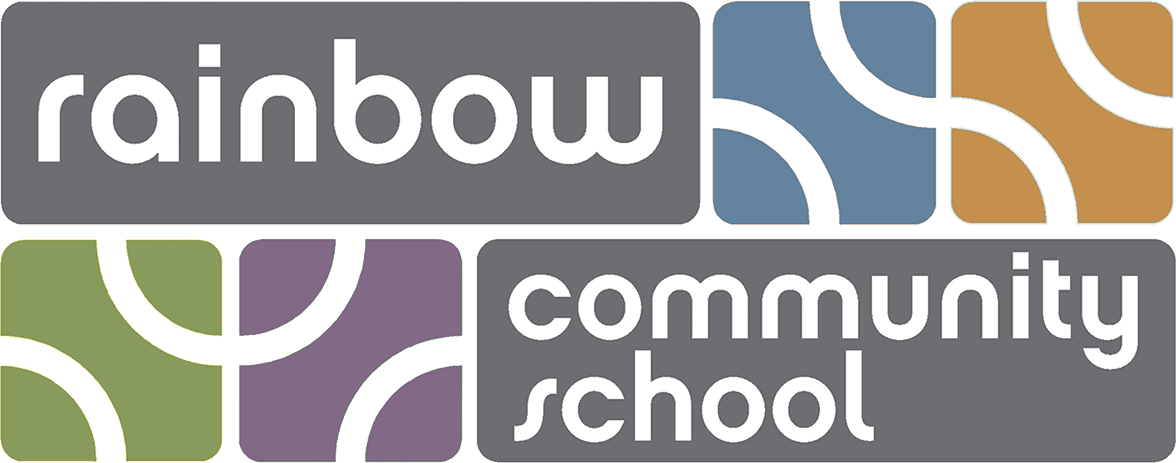How do we gauge how much to expect from our child?  For example, by the age of ten, my expectations of my oldest daughter were very adult-like, but every once in a while I would catch a glimpse of her from a distance, and I would realize how little she still was. I was telling Jessica Redford, one of our wise preschool teachers, about this, and she replied, “High expectations aren’t so bad; it’s how you react when your expectations are not met that matters.”Â
Low expectations are just as common. Our children develop so quickly, that often we don’t notice they are ready for a new level of challenge. Just when we figure out one stage of development, they’re on to another phase. Jessy Tickle, another RMCS preschool teacher, told me last week about a student who wanted his parent to zip up his coat. The parent said, “But Miss Jessy tells me you can do this by yourself at school.” The boy replied to his mom, “Did Miss Jessy tell you that?!”  (Now he knows that Miss Jessy and mom are a team.)  Parents have learned a lot from seeing how much their child can accomplish in school. As teachers, we are not doing our job if we don’t push kids a little beyond their comfort zone in order to develop more independence and responsibility.  I often have to restrain myself from swooping in to help a four year old close up his lunch box, for instance. It only seems natural to help, but the teachers will patiently allow them time to do it on their own, and if the child asks for help, they’ll provide assistance or a verbal clue, rather than doing it for them.  Our teachers have high regard for their students.
After I entered the teaching profession, my expectations for my own children would recalibrate frequently, as I was able to compare them with a variety of other children. Child development texts may be the official source, and other parent literature is helpful, but if you really want to know what your expectations should be at this stage, ask a teacher. You’ll find that Rainbow teachers are more than happy to share their observations with you. Of course, another great source is other parents. Rainbow is a giant parent support group. If you think something your child is doing is abnormal, just ask other parents, and they’re likely to tell you their child is doing the same thing. There is no such thing as normal. Every child is totally unique and wonderful.





